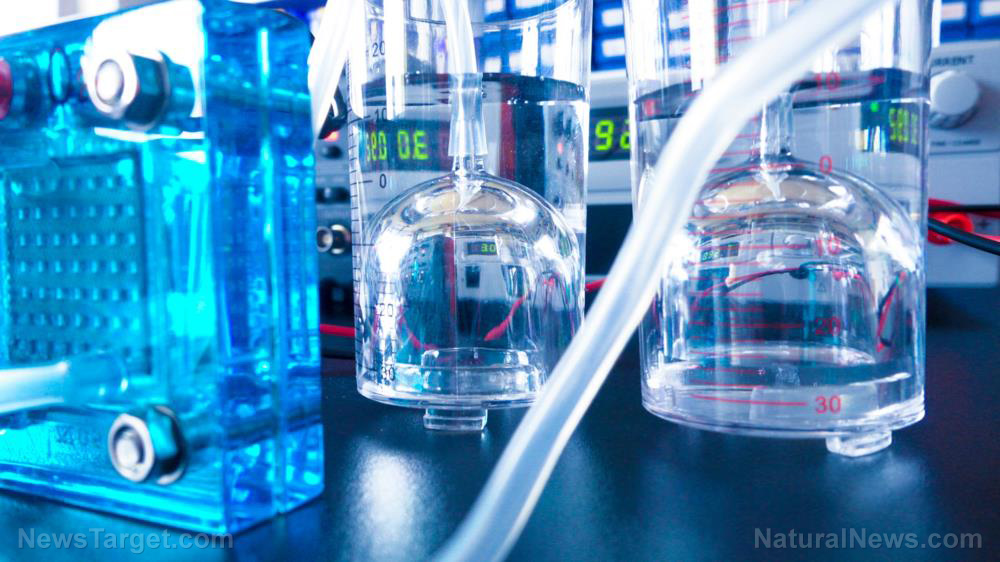
Tannins are polyphenols found in the seeds, bark, leaves and skin of grapes used to produce red wine. They are responsible for a wine's dryness -- that is, the sensation that moisture has been removed from your mouth. When you sip dry wine, large tannin molecules interact with salivary proteins and form complexes, leaving your mouth feeling less lubricated. This creates the characteristic mouthfeel people associate with dry red wine.
To fully understand the mechanism behind this, researchers from the University of California, Davis (UC Davis) looked at how a red wine's tannin structure affects its dryness, as well as other characteristics of the beverage.
“The challenge for me and my colleagues was to see if we could match up the quantified chemical and physical properties in wine to the trained panelists’ perceptions,” wrote lead author Aude Watrelot, an enologist (wine scientist) at UC Davis, in her article for The Conversation. “We investigated how these tannins interacted and formed complexes with standard salivary proteins.”
A chemical approach to dry red wine
For their study, Watrelot and her team extracted tannins from dry red wine (Cabernet Sauvignon) and a less-dry wine (Pinot Noir). The team used a two-pronged approach to measure dryness. For the physical approach, they used equipment that could mimic the forces of friction that occur when wine and saliva interact. For the experimental approach, they trained panelists to evaluate the intensity of dryness in the same wines and in a wine with no tannins. The physical approach revealed that wines that with large or too many tannins have lower friction forces than those low in tannins. Friction forces tend to decrease between lubricated surfaces and increase between drier surfaces. This meant that wines with high tannin content should be less dry than low-tannin wines.
However, the human panelists provided the opposite result. They perceived the wine with a larger concentration of tannins as drier than the wine without tannins. But when the panelists were given a Pinot Noir that had Cabernet tannins, they reported that the drink had the same dryness as the original Pinot wine. Interestingly, when the tannins were added into a model wine made with ethanol and tartaric acid, the panelists rated the drink to have a more intense dryness than the model wine.
According to the researchers, the panelists could have been thrown off by the distinct aromas of the two wines, which could have prevented them from noticing the added tannins. Despite the findings, the researchers are still hopeful that their work could lead to improvements when it comes to understanding wine dryness better. Ultimately, the team plans to create a scale that will match the level of tannins in wine with dryness perception. (Related: Red wine and onions? This unusual combination offers potent cardioprotective benefits.)
“My colleagues and I are planning to investigate this unexpected result in future research to improve our understanding of the dryness perception,” Watrelot wrote.
Learn more about the science behind your favorite foods at FoodScience.news.
Sources include:
Please contact us for more information.























